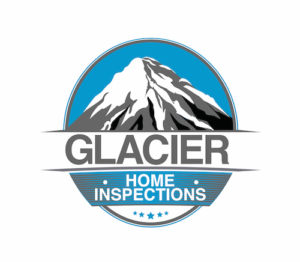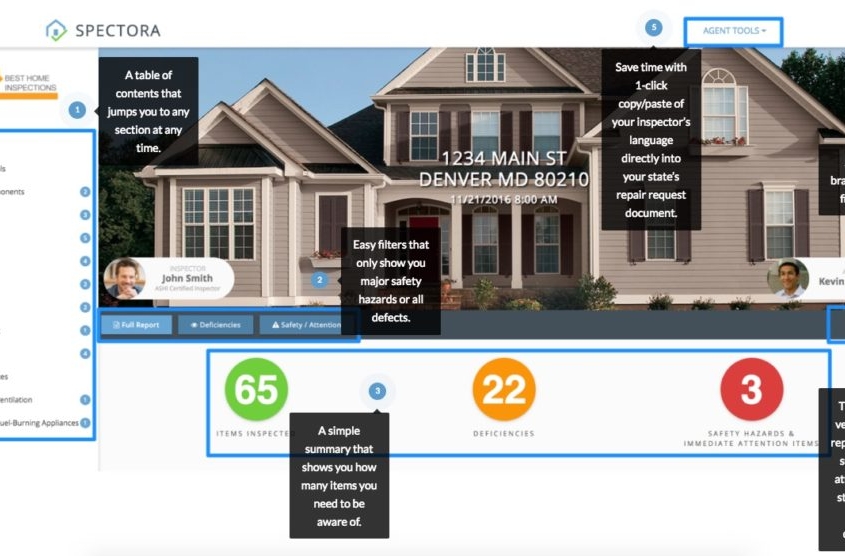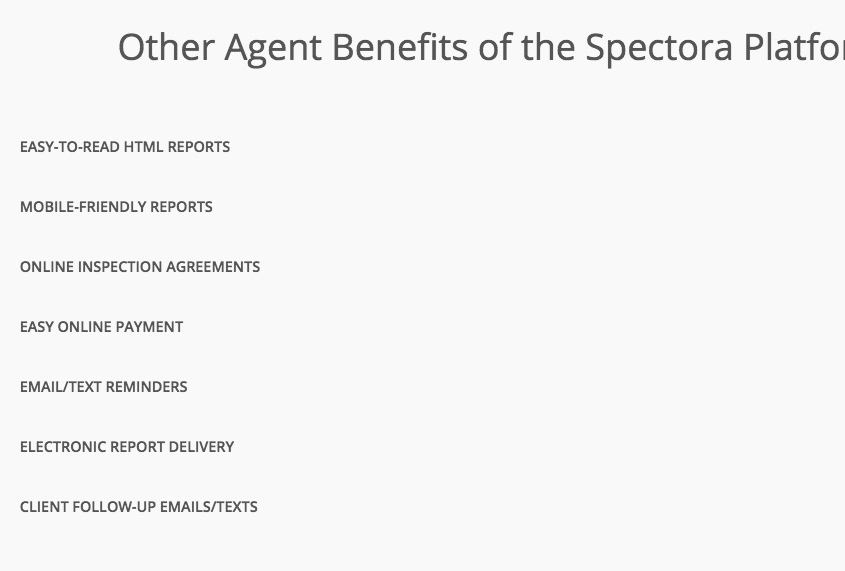Why a Home Inspection is Essential Before Buying or Selling?
Buying or selling a home is one of the biggest financial decisions most people make in their lifetime. While it’s easy to get caught up in the excitement of moving into a new place or closing a profitable deal, one crucial step should never be overlooked: a professional home inspection.
What Is a Home Inspection?
A home inspection is a detailed assessment of a property’s condition, conducted by a licensed professional. The inspector evaluates key structural and mechanical aspects of the home, including:
- The roof
- Plumbing and electrical systems
- HVAC (Heating, Ventilation, and Air Conditioning)
- Foundation and structural integrity
- Insulation and ventilation
- Appliances and safety features
Once the inspection is complete, the inspector provides a comprehensive report detailing their findings. This report can be invaluable when making informed decisions about your home purchase or sale.
Why a Home Inspection Matters
1. Identifies Hidden Issues
A house may look perfect on the surface, but underlying problems could be lurking. Issues like a leaky roof, faulty wiring, or a cracked foundation can be costly and hazardous. A home inspection uncovers these hidden concerns before they turn into major headaches.
2. Saves You Money in the Long Run
Skipping a home inspection to save a few hundred dollars can backfire. If you unknowingly purchase a home with major structural issues, repairs can cost thousands—or even tens of thousands—of dollars. Investing in an inspection now can prevent expensive surprises later.
3. Provides Negotiating Power
For buyers, a home inspection report can be a powerful negotiation tool. If significant issues are found, you can request the seller to make repairs or lower the asking price. Sellers who get a pre-listing inspection can also use it to justify their asking price by demonstrating their home is in great condition.
4. Ensures Safety and Peace of Mind
A home inspection can reveal potential safety hazards such as mold, radon, faulty electrical wiring, or structural weaknesses, plumbing leaks, carbon monoxide risks, and even past meth contamination. Identifying these issues early ensures a safer and healthier living environment for the buyer.
The bottom line is that a home inspection ensures peace of mind for potential buyers by providing a thorough, unbiased evaluation of the property’s condition before they commit to the purchase.
To find out more about the aspects of the home we inspect, review our information about Your Inspection. Or visit the ASHI [American Society for Home Inspectors} website for more information about the Home Inspection Industry.






